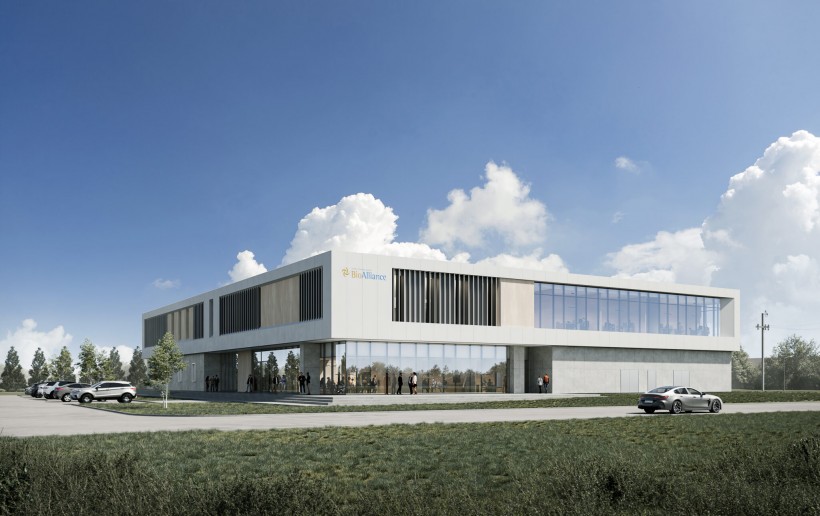Fredericton-based Picketa Systems, which makes hardware and software for analyzing plant tissues, has raised a $1.4 million seed round led by the New Brunswick Innovation Foundation ahead of an early adopter program.
The agtech startup is preparing to ship 10 units this summer to locations ranging from Alberta, to Prince Edward Island, to the United Kingdom.
In November, Picketa announced the launch of its first product, LENS, which stands for Leaf Evaluated-Nutrient System — a data-collection tool that allows agricultural professionals to perform plant tissue analysis in real-time. Agricultural personnel can check the health of a crop while they’re in the field, rather than sending samples to a lab and then waiting days for the results.
Picketa also tested LENS in South Africa over the winter to study the extent to which differing locations and climactic conditions affect its functioning, with CEO Xavier Hébert-Couturier describing the U.K. trial as being aimed more at learning how to work with nuances in regional farming practices.
“The biggest thing is just the differences in terms of how agriculture is done,” he said in an interview. “The issue is less originality in terms of the science of it, and more figuring out, how can we adapt to those local markets and start building a network there?”
LENS is powered by an optical sensor used to scan leaf samples and a cloud-based machine-learning engine used to interpret the data gathered by the sensor.
In addition to NBIF, the round also included Calgary-based agtech venture capital funds Tall Grass Ventures and Koan Capital, as well as Montreal’s Desjardins Group, which is the largest federation of credit unions in North America and has a sizeable business providing services to the agricultural sector. Members of two angel groups, Mariner Partners’ East Valley Ventures and Alberta-based Startup TNT, also invested.
“We were impressed with the real-time capability of Picketa’s technology and believe in its ability to change how plant tissue analysis is used in modern agriculture,” said Tall Grass managing partner Chris Edwards in a statement.
Last year, Picketa tested its system by working with farmers in New Brunswick and P.E.I., but that work was carried out at a pair of centralized testing stations. LENS is portable, and Hébert-Couturier said the first 10 customers will pay an early adopter price for it, followed by per-sample testing fees.
For the early adopter program, Picketa is targeting independent agronomists and crop consultants who service between 20 and 30 farms, although a handful of customers are also large farms with on-staff agronomists.
“One way or the other, we're usually servicing whoever's taking care of how to best manage your fertilizer inputs and get the best yield at the end of the season,” said Hébert-Couturier. “That’s maybe a farm manager and maybe an outside crop consultant, but they play the same role, usually.”
So far, the company employs 12 people, including two recent hires and a handful of co-op students, with plans to soon add more staff.
And on the business development front, Picketa is aiming to develop credibility with agronomists and farm operators by publishing a regular, agriculture-focused newsletter, which the team has aptly dubbed Picketa Field Notes.








